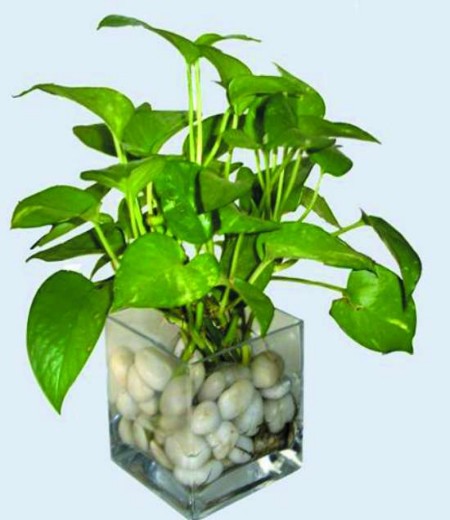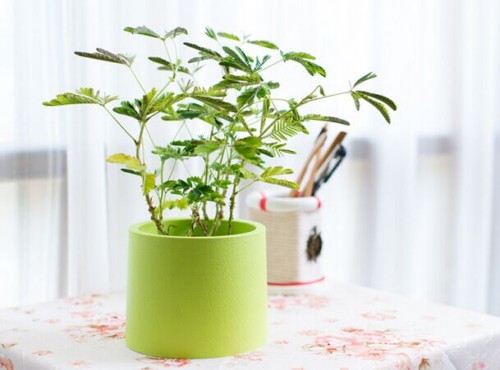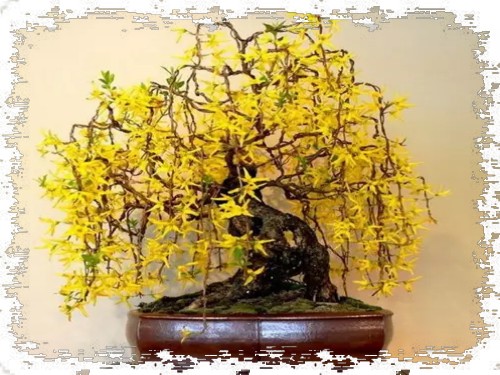Advantages of bonsai soilless cultivation technique
Bonsai soilless culture is a cultivation method in which bonsai plants are planted in some inorganic substrates and regularly watered with nutrient solution. Compared with traditional soil culture, soilless culture of potted plants has many advantages and will become an important symbol of modern potted plant production. There are six advantages to soilless culture:

1, fast growth, short cycle, high quality, bonsai plant growth robust, developed roots. Soilless culture can obviously promote the growth of bonsai plants such as dragon cypress, cedar, yew, Chinese cypress, bauhinia, finch plum, fig, rhododendron, June snow, firethorn, small leaf boxwood, etc., and can enhance the ability of cold and heat resistance and pest resistance of bonsai plants, and improve the ornamental effect of bonsai.
2, non-toxic, odorless, sterile, clean and hygienic. Soilless culture of bonsai does not use soil and organic fertilizer. It does not pollute the surrounding environment, makes it more suitable for the interior decoration of hotels, restaurants, offices and rooms, and is conducive to the popularization of bonsai, so that bonsai can enter thousands of households. Bonsai soilless culture can completely eradicate harmful bacteria and eggs, so that plants in sterile or less sterile conditions for cultivation. Soilless culture medium and nutrient solution are sterile and have no hidden trouble of diseases and insect pests.
3. Creating favorable conditions for bonsai export. Bonsai is the fist product of Chinese flower production and export, and has an absolute advantage in the international market. However, some countries such as the United States, Japan, the Netherlands, Australia and so on are not allowed to bring soil into the country, restricting the export of Chinese potted plants. Soilless culture bonsai completely solved these problems and provided technical guarantee for smooth passage of customs quarantine inspection. In addition, the weight of the soilless bonsai is greatly reduced, which is convenient to carry and provides favorable conditions for the batch export of bonsai.
4, can give full play to the shallow strange style of bonsai. Bonsai plants grow not on soil but on nutrient solutions. Therefore, the substrate can be reduced to a minimum, and the pot can be shallower, thus highlighting the ornamental effect of the scene. Because of the porosity of the matrix, pots can be made of more delicate materials, making bonsai more beautiful and elegant.
5. Reduce labor intensity and save labor. Soilless culture of bonsai simplifies the cultivation of pot turning for soil weeding and other procedures, but also easy to carry, greatly saving labor.
6. It opens up new prospects for the factory scale production of potted plants and the application of computers.
Time: 2019-05-23 Click:
- Prev

Pay attention to the use of pots for bonsai
In bonsai art, it serves to deepen the theme, and the use of pots is an important knowledge. The proper use of the basin can not only echo the theme expressed by the bonsai, but also achieve a reasonable combination of plants and pots, show a higher artistic level, and depict a better picture effect.
- Next

Practical experience of bonsai production
We should seek a simpler and easier method of operation in the basic operating process and rules. Everything has its own law of evolution. Can we better grasp this law? can we change this law scientifically and effectively in practice? make it easier for people to grasp this law and simplify the concept.
Related
- Fuxing push coffee new agricultural production and marketing class: lack of small-scale processing plants
- Jujube rice field leisure farm deep ploughing Yilan for five years to create a space for organic food and play
- Nongyu Farm-A trial of organic papaya for brave women with advanced technology
- Four points for attention in the prevention and control of diseases and insect pests of edible fungi
- How to add nutrient solution to Edible Fungi
- Is there any good way to control edible fungus mites?
- Open Inoculation Technology of Edible Fungi
- Is there any clever way to use fertilizer for edible fungus in winter?
- What agents are used to kill the pathogens of edible fungi in the mushroom shed?
- Rapid drying of Edible Fungi

